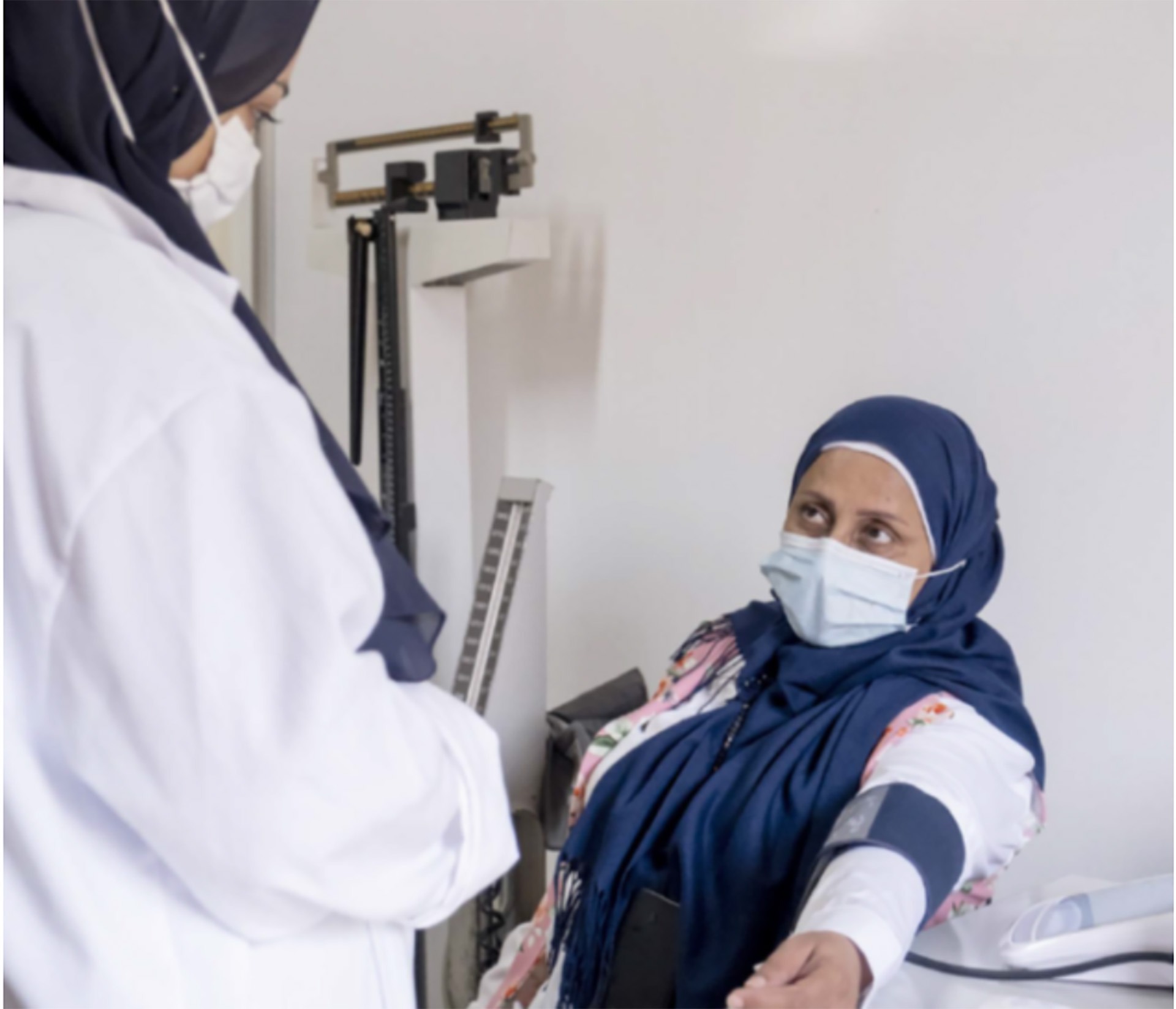NCDs and strategic partners
Globally, the number of people with long-term conditions, such as diabetes, mental health conditions, HIV/AIDS, and cancer, is growing rapidly. People living with a long-term condition often have multiple rather than a single condition. Such multimorbidity is common and has been rising in prevalence over recent years.
Many health care systems in low-resource settings have considerable capacity to treat infectious diseases brought by the investment of partners such as the Global Fund to Fight AIDS, Tuberculosis and Malaria (the Global Fund) and The U.S. President's Emergency Plan for AIDS Relief (PEPFAR) in disease programmes. At the same time, they are poorly equipped to meet the needs of those with NCDs. Hence, it is high time to strengthen the health systems to deliver integrated, people-centred health services (IPCHS) to meet the growing needs of the people.
The IPCHS Framework defines integrated health services as “health services that are managed and delivered so that people receive a continuum of health promotion, disease prevention, diagnosis, treatment, disease management, rehabilitation, and palliative care services, coordinated across the different levels and sites of care within and beyond the health sector, and according to their needs throughout the life course.” The IPCHS Framework was adopted by WHO Member States in 2016 (WHA69/39). Further, the United Nations General Assembly (UNGA) 66th session in 2011 called to integrate the NCD response into national HIV/AIDS, TB, and sexual reproductive health programmes and health systems.
Donors such as the Global Fund and the World Bank recognize that providing IPCHS can yield improved disease-specific outcomes and broader health advantages. Hence, they are starting to provide countries with opportunities to invest in integrated care through either incorporating the management of comorbidities in their funding scope or supporting the investment in PHC.
The Department of Noncommunicable Diseases, Rehabilitation and Disability strives to foster stronger partnerships with those country donor organizations and encourage countries to maximize the funding opportunities they are offering to improve the health system and provide comprehensive services through primary health care. Furthermore, the Department will work to establish collaborative mechanisms to provide technical support to countries in delivering integrated services packages that include NCDs.
Publications

Noncommunicable diseases (NCDs) – primarily cardiovascular disease, cancer, diabetes, and chronic respiratory diseases cause nearly 75% of deaths...

Integrating the prevention and control of noncommunicable diseases in HIV/AIDS, tuberculosis, and sexual...
The global community has made great progress in reducing major health burdens in recent decades, including advances in infectious disease control and treatment,...




